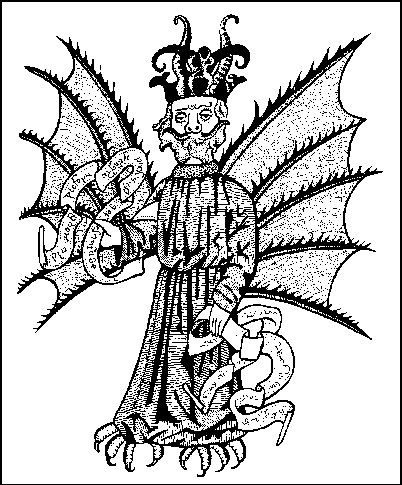Charles Baxter
(Pantheon)

Nathaniel is in love with Theresa: lovely, fey, quoter of Valéry "Beau ciel, vrai ciel, regard-moi qui change..." ("Beautiful heaven, true heaven, see how I've changed;" some say it is the only French she knows). Nathaniel also has a passion for Jamie, lesbian, taxi driver (Queen City Taxi Company), and sculptress. The latter is kind, puts up with his lust, tells him, "you're just a man, you're temporary."
Then there's Jerome Coolberg, given to pontification, a little putzy. When Nathaniel gets angry at him, Coolberg asks him why he wants to act like a character in a Hollywood movie. "You keep underestimating yourself. You make yourself into less than you are. Well you can hit me if you really want to, I suppose. I suppose you have the moxie for it." Nathaniel punches him, Coolberg falls back on the park bench and resumes reading The Wandering Beggar, whose plot seems to be not too far from the plot of The Soul Thief.
Some of us who do books for a living like authors who twist the novel around. This reviewer has a weak spot for Nabokov, a man who perfected the art of writing about a character who may have written a book about a character who may have written a book about another character who may or may not be a novelist if not the author of the novel you are reading.
We know that Shakespeare made up Hamlet who may also have been Shakespeare or the Earl of Rochester. Jane Austen was Emma, wasn't she? Or at least she makes us wonder if Emma could have written a novel called Jane Austen? Henry Fielding told us he was making up a thing called "a novel" because he wanted to do something different, wanted the reader to enjoy it too.
These games are fun and Baxter knows how to play them, planting the seeds about, lacing the plot with clues here and there and, at the end almost (but not quite) apologizing to the reader for his trickery.
Tricks or no, Baxter is a sturdy writer. His characters are painted with bold strokes, even if he and they may not exist. He can go off at times: his distaste for Los Angeles and Southern California is too common to be worth so many pages. And his depiction of Jerome Coolberg (who is Baxter, or Nathaniel, or both, or all, or neither) seems a little off. This is a man who almost murdered our Queen City taxi driver who, we, the reader, have come to love for giving love too generously to a somewhat doltish near-adolescent. Yet when we meet Coolberg again in Los Angeles, "On his face was the kindest expression I have ever seen on the face of a fellow human."
- It was angelic, if you could imagine a middle-aged man -- balding, slightly overweight, dressed in baggy trousers, rumpled shirt, and unpressed tie stained with spilled food --- as angelic.
This is a character, as created by Baxter, who, like Coolberg (or Baxter) has written the life story of Nathaniel Mason, a story with a character named Coolberg, a man who, at the end of the book, hands Nathaniel a copy of a book called The Soul Thief which is not at all unlike the book we have just finished.